The benefit cap is supporting state child abuse
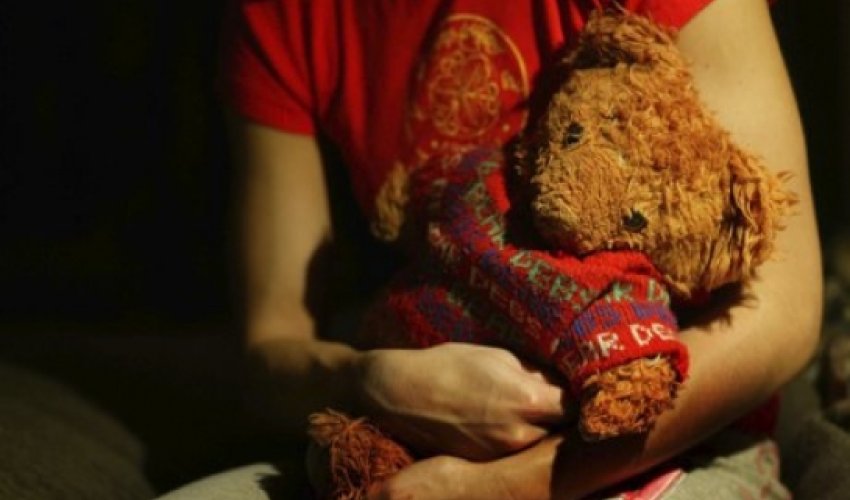
One family, a mother and three daughters, was in refuges and temporary accommodation, moving six times before they could safely return home. If they lose this appeal, they may be left, after rent, with no food money (emergency payments from the local authority are discretionary and temporary), and this by itself is a reason that children can be taken into care. For now mother and children are together. But for how long?Domestic violence is commonly used to take children away from their mothers. Cathy Ashley, chief executive of the charity Family Rights Group (FRG), has said: "Our data tells us … that the state's way of dealing with domestic violence is often to end up with a child being made subject to child protection plans." The FRG documents that domestic violence – not parental mental illness, drugs or alcohol – is now the main reason children are taken from their mothers. No one so far, except grief-stricken mothers, has called this forced separation for what it is: state child abuse.For years the courts have torn families apart. Parents and advocates blame the secrecy of the family courts: as cases are heard behind closed doors, there is no public scrutiny of evidence used to justify taking children away. Earlier this month Lord Justice Munby, president of the family division, instructed that judgments must be public and reportable unless a judge orders against it. It is a first step but comes too late for many families, such as in the following cases.Graziella's children, aged two and three, were taken into care after their dad was imprisoned for raping their mother. Social services claimed that Graziella put them at risk because she had a violent partner. The assumption is that children must be removed if their mum is a victim of violence: that their mothers have not protected them. Her parents, trained and accredited by social services, applied to foster their grandchildren, but the court ruled in favour of adoption by strangers. Because Graziella spoke out against the injustice of punishing a rape victim and her children, a gagging order was imposed forbidding her from campaigning to keep her family together. The local authority claimed that adoptive parents could be put off by knowing the dad was a rapist, and that the kids could face stigma.Kasia lives in a refuge. She was trafficked from rural Poland. With her fare paid and the promise of a hotel job, when she arrived it became apparent it was actually sex work. She escaped and lived briefly with a man who got her pregnant and then turned violent, so escaped again. Social services took her baby within 24 hours of birth. They accused her of alcoholism, even though she worked for a year with an alcohol counsellor who breathalysed her regularly and confirmed in court that she had stopped drinking. Kasia's daughter has been placed with an adoptive family. Her refuge worker told us this is part of a drive to meet adoption targets which several solicitors also suspect.Angela lost contact with her son's daughter despite a spirited fight. She accuses social services of targeting the child for adoption even before she was born. The mother, a teenager with learning difficulties living in a hostel, was a natural victim of adoption targets. She was told to stay away from Angela and her son, a rebellious young man who had committed a minor violent incident he deeply regrets. As a result of this isolation, a loving but inexperienced and vulnerable young mother was denied the help she needed at a crucial time. By the time Angela won the right to see her granddaughter, the mother had been judged unfit and the adoption went ahead.Can mothers ever recover from losing children? Most children never recover from losing their mother.Almost 19,000 children were adopted against their parents' will in 2012 – a 20% rise on the previous year, as outlined in the Radio 4 documentary Forced Adoption and the Mums on the Run. John Hemming MP, who runs the Family Justice Campaign, said: "In certain circumstances, the most sensible thing to do is to flee the country because the courts are so procedurally biased against the parents." He points out that while local authorities are getting babies adopted, the number of prosecutions for killing children has risen by 45% in two years and that due to the state's focus on babies, older children are being left unprotected.Mothers are also often unprotected. Mother of two Linzi Ashton reported Michael Cope to the police after he raped and attempted to murder her. Instead of protection, social services took her children into care. Distraught and under pressure from Cope, she withdrew her allegations and got back with him. Soon after, he murdered her. Would she have survived if police and social services had acted decisively in her defence? How many mothers who report violence have their children taken from them?A massive movement of mothers fighting to keep their children has begun to win changes that can lead to ending the courts' secrecy. But much remains to be done. Child protection must begin with support and resources for the child's main carer – usually the mother. Instead, mothers are having their benefits capped and money is being poured into professional agencies which concentrate on targets and bonuses – a recipe for state child abuse.(theguardian.com)ANN.Az
























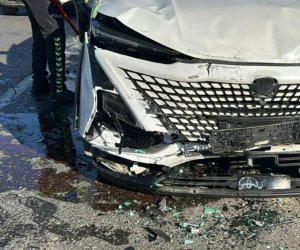
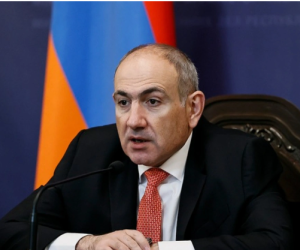

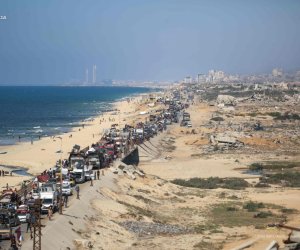
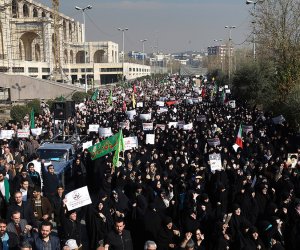







 Photo
Photo 



 Video
Video 

